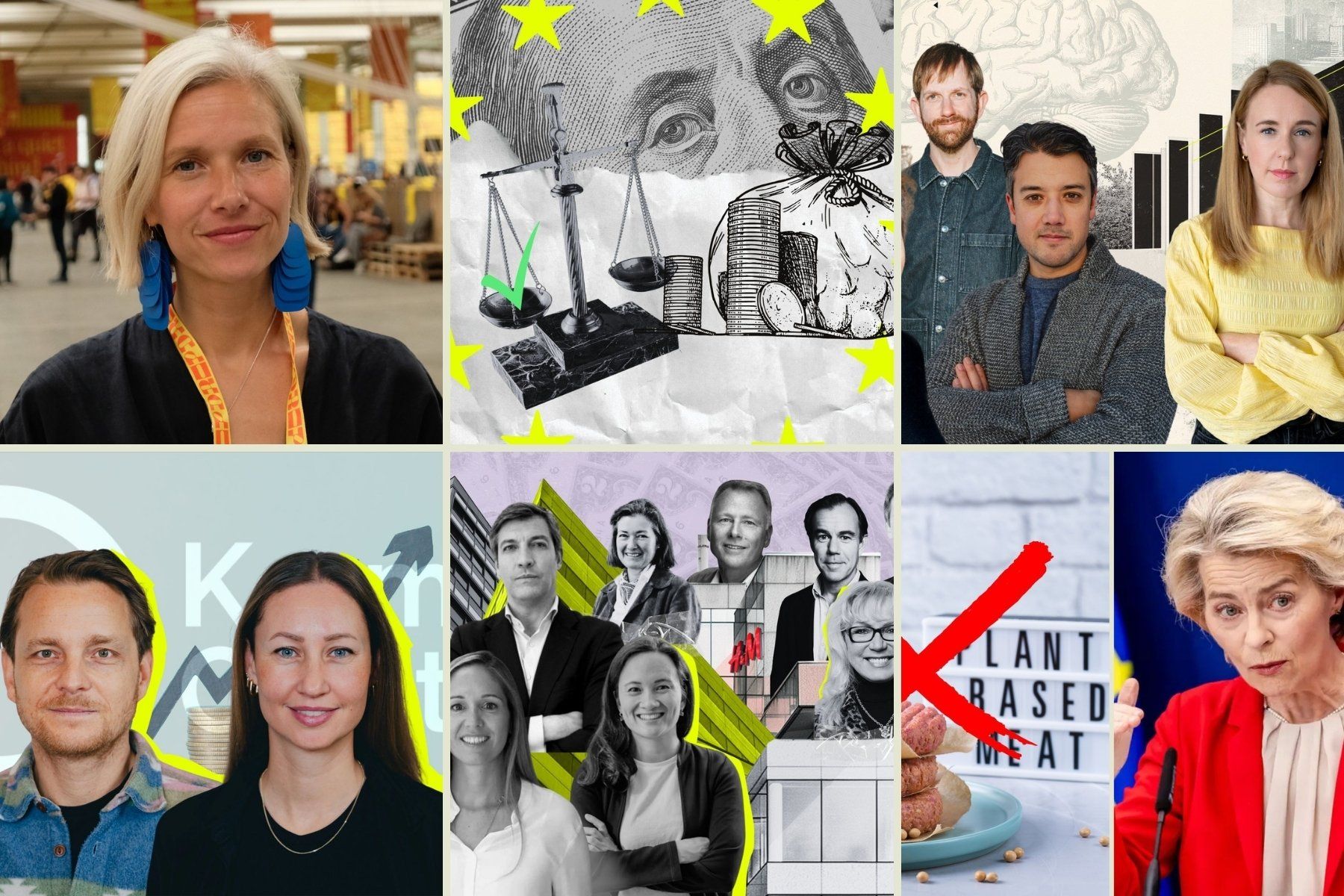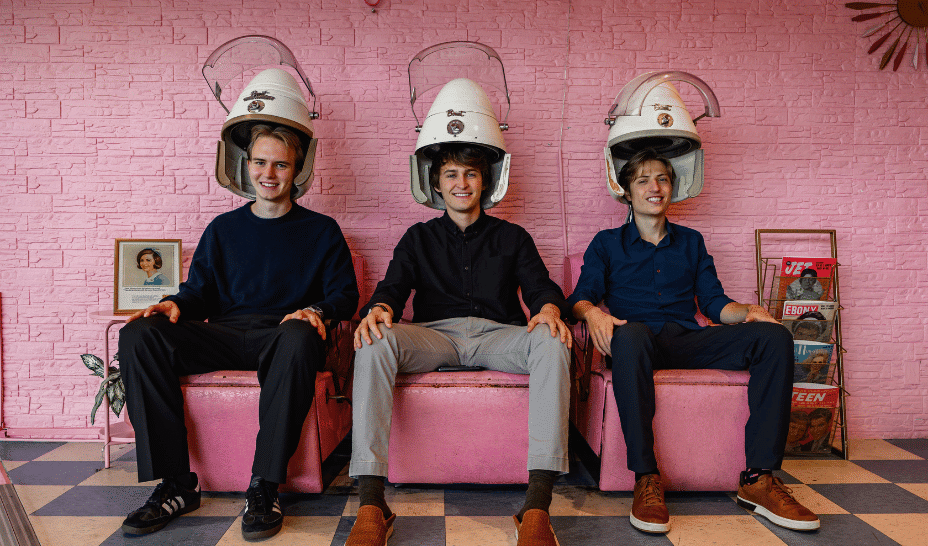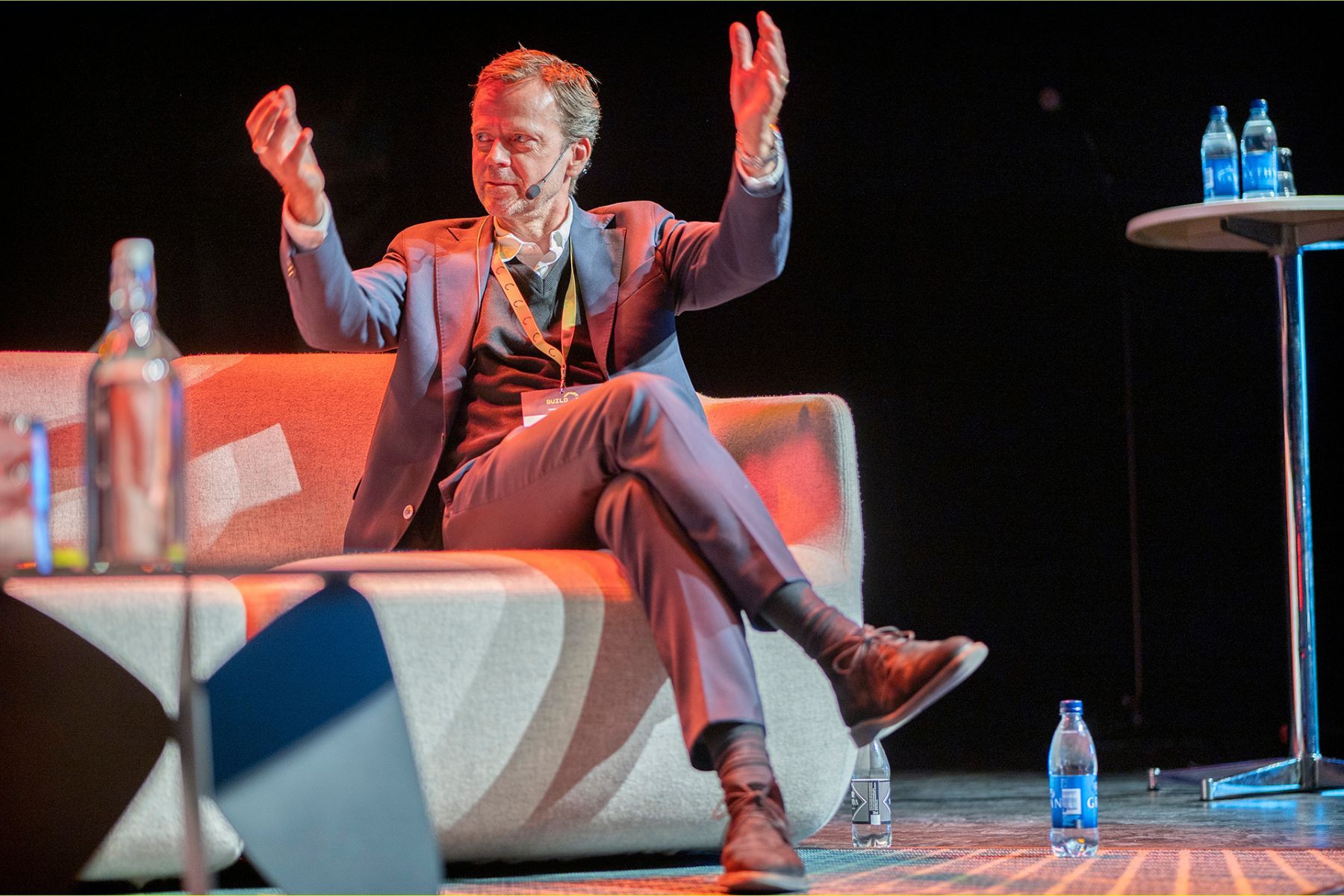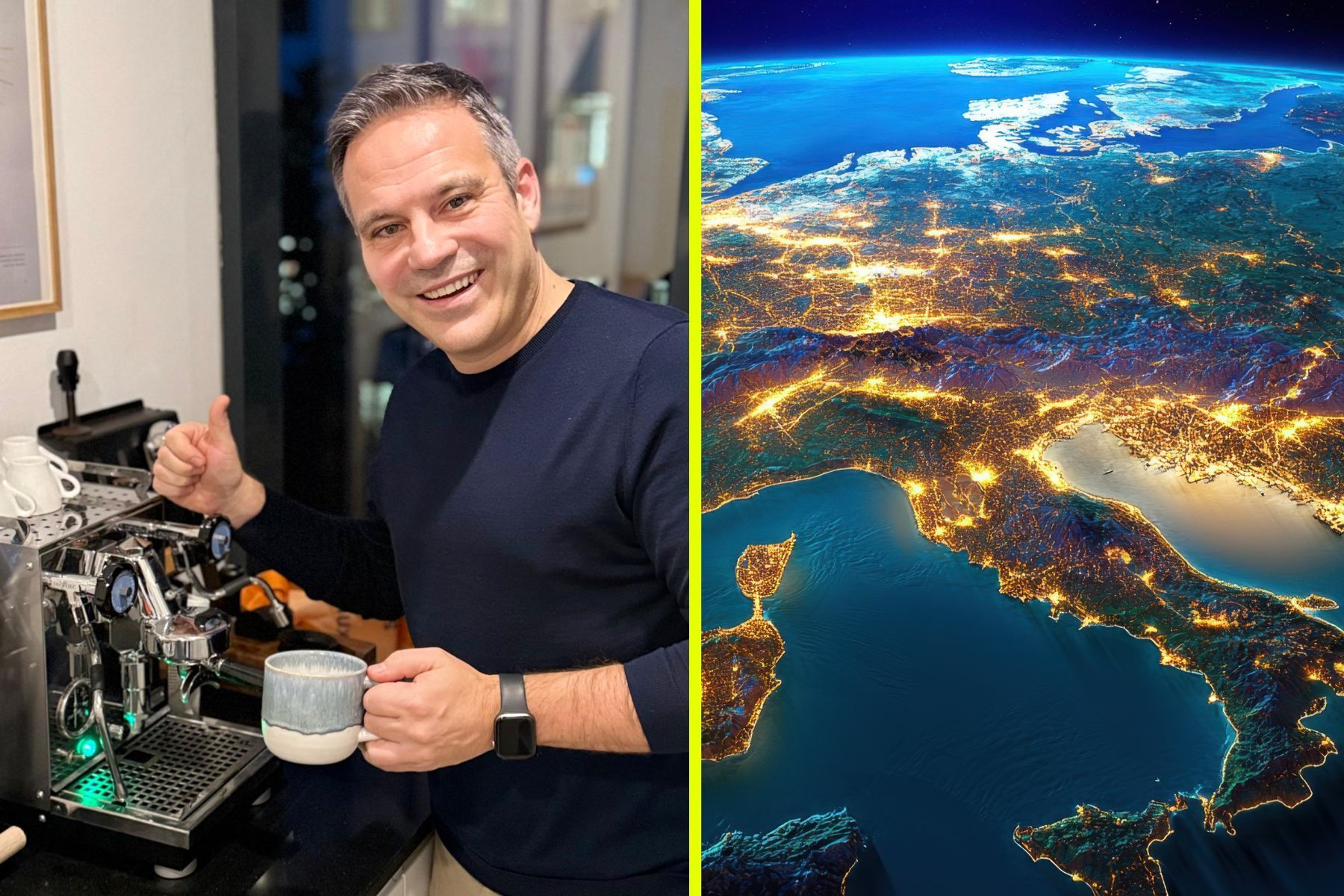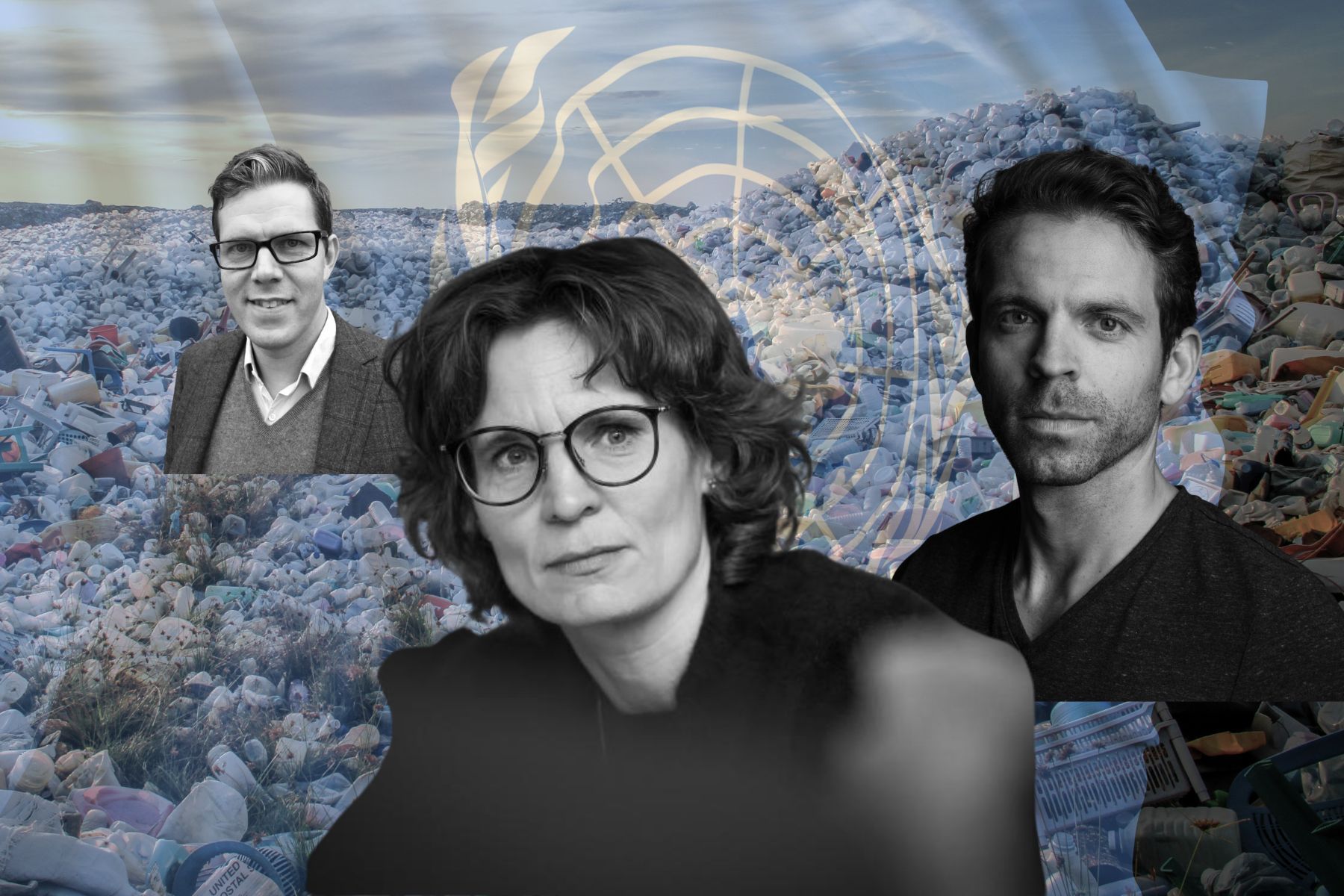Great Bubble Barrier hits plastic cleanup milestone, eyes global expansion
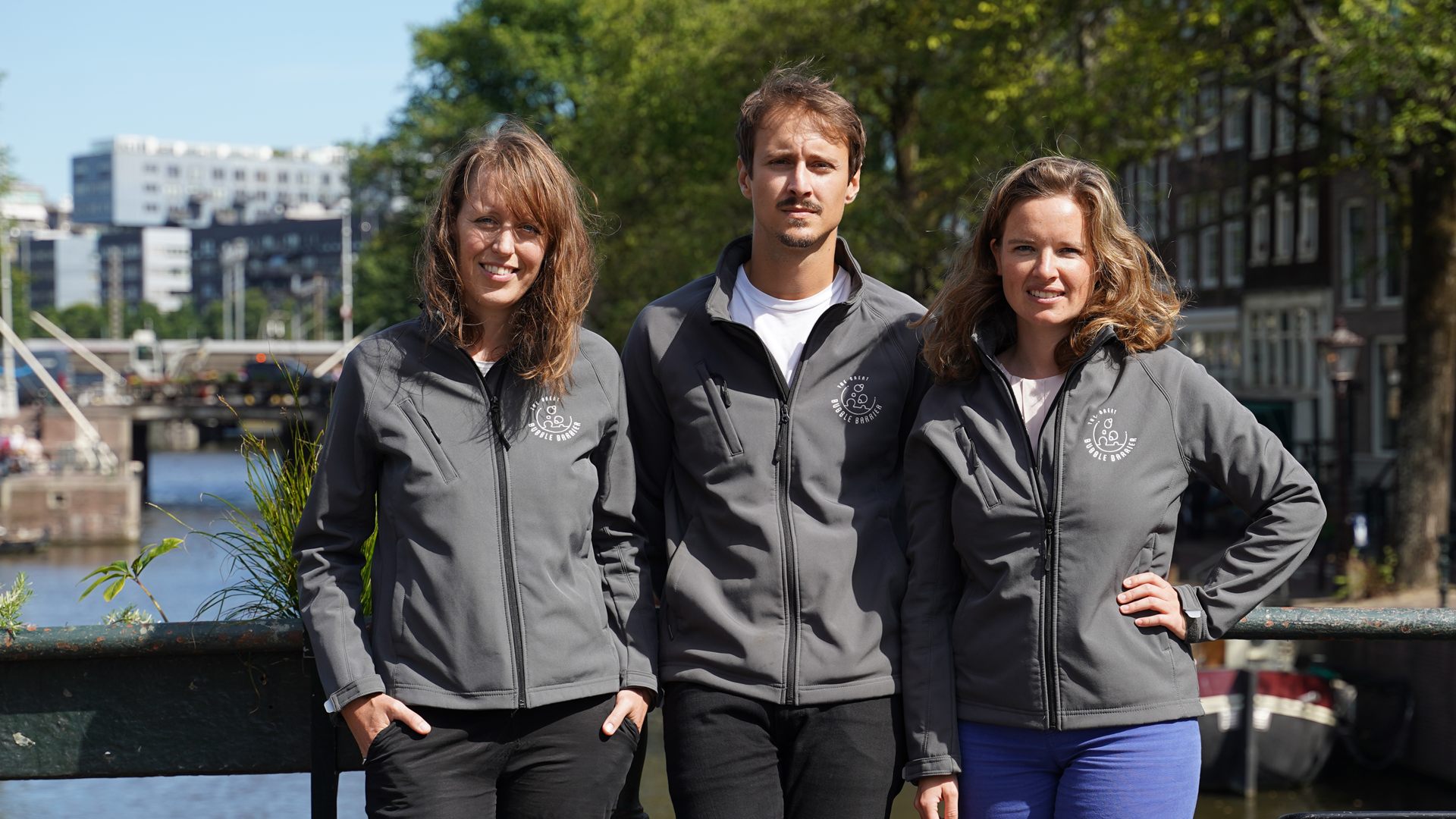
Dutch startup Great Bubble Barrier's river-cleaning device in Amsterdam has snared one million pieces of plastic since its launch in 2019.<br><br>The milestone comes as the company gears up to scale across the Dutch capital and internationally, with projects lined up in the UK, US, Germany, and Thailand.<br><br>“We really think this should be available wherever it's needed,” co-founder and CTO Philip Ehrhorn tells Impact Loop.
.png)

The Great Bubble Barrier made headlines in 2019 when it was first deployed in Amsterdam to stop plastic waste before it reaches the North Sea.
The system pumps air through perforated tubes laid diagonally across a riverbed, creating a rising curtain of micro-bubbles that lifts plastics and debris to the surface. From there the waste is channeled to a collection device for recycling. Fish and ships pass through unharmed.
The barrier catches over 80% of the floating plastic pollution in a waterway, according to the company. A separate study by researchers in Hong Kong found the bubble barrier was up to 100% effective, depending on the size of the plastic.
“We really think this should be available wherever it's needed,” Philip Ehrhorn, co-founder and CTO of The Great Bubble Barrier, tells Impact Loop in an interview.
A serendipitous founding
Ehrhorn, originally from Germany, first conceived the bubble barrier while studying environmental engineering in Australia. He noticed how oxygen bubbles at a wastewater plant concentrated plastic in one corner.
Independently, three Dutch women – Anne Marieke Eveleens, Francis Zoet, and Saskia Studer – arrived on a similar idea over beers in Amsterdam. A friend of Ehrhorn’s spotted their pitch video, and the four connected, founding The Great Bubble Barrier in 2017.
The first installation, on the Westerdock canal in Amsterdam’s central district, catches around 15,536 pieces of plastic waste – or 80 kg – every month. The company has since deployed three other bubble barriers in the Netherlands and one in Portugal.
“Now we’re really looking to scale-up,” says Ehrhorn.
Going global
The Great Bubble Barrier is in talks with Amsterdam city officials to deploy its technology all over the city as a way to prevent plastic from flowing into the North Sea. More than two-thirds of plastics in the ocean comes out of rivers and canals.
The company has also recently completed feasibility studies in the United Kingdom, Germany, Thailand, and the US.
The Great Bubble Barrier has not yet raised any equity funding, relying instead on revenue, prize money, and grants. Eveleens, its head of business development, says finding the right investors is a challenge.
“It is essential that we find investors as passionate as we are about scaling impact,” she says. “We’re looking for patient capital that aligns with our mission, which can be difficult with impact VCs.”
For now, the company continues to grow organically, with municipalities and water authorities as its main customers.
Policy the ‘biggest obstacle’
Eveleens’s fellow co-founder Ehrhorn thinks the greatest challenge to scaling its plastic-catching technology is policy – or the lack there of.
“Governments have mandates to clean up plastic on the streets but as soon as it enters rivers or the ocean, they’re not obliged to do anything about it,” he says.
“This is the biggest obstacle we’ve come across on our journey – there’s very few incentives and therefore very little money for plastic cleanup [in water bodies].”
Over 300 million tonnes of plastic are produced each year, 10 million tonnes of which enters the ocean, according to the National Oceanography Centre.
Representatives from over 180 countries met in Geneva early this month to discuss a global cap on plastic production. The talks ended in failure due to pushback from oil-producing countries like the US, China, Russia, and Saudi Arabia.
Get full access to Europe's new platform for impact news
- Quality journalism, interviews, investor profiles and deep-dives
- Daily newsletter with top stories, latest funding rounds and roundup to keep you in the loop
Keep reading – get in the loop!
- Håll dig i loopen med vårt dagliga nyhetsbrev (gratis!)
- Full tillgång till daglig kvalitetsjournalistik med allt du behöver veta inom impact
- Affärsnätverk för entreprenörer och investerare med månatliga meetups
Fortsätt läsa – kom in i loopen!
- Håll dig i loopen med vårt dagliga nyhetsbrev (gratis)!
- Full tillgång till daglig kvalitetsjournalistik med allt du behöver veta inom impact
- Affärsnätverk för entreprenörer och investerare med månatliga meetups



